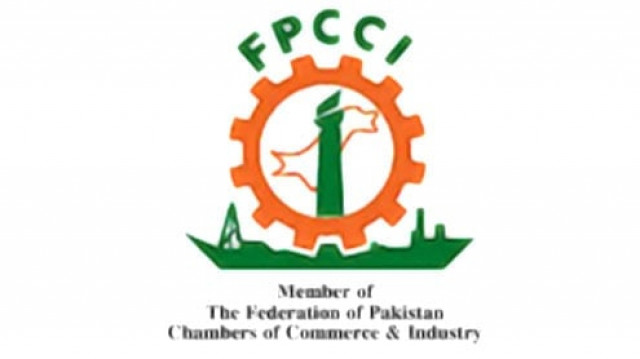Govt urged to take back harsh tax steps
FPCCI says country needs investment-friendly, growth-oriented fiscal framework

The Federation of Pakistan Chambers of Commerce and Industry (FPCCI) has called on the government to withdraw what it says are harsh and anti-business taxation proposals from the Finance Bill 2025 before they are passed by parliament.
Speaking on behalf of the business, industrial and trade community, FPCCI President Atif Ikram Sheikh emphasised that the country needed a pro-business, investment-friendly and growth-oriented fiscal policy framework as the economy had stabilised and was poised for growth.
He was of the view that the tax collection target could only be achieved if industrialists and exporters were taken on board through a comprehensive consultation process. However, the budget missed the measures required to enable the business community to fulfil the prime minister's vision of an export-led growth, according to a press statement issued on Thursday.
He cautioned that sweeping discretionary powers given to taxmen would be detrimental to the business and investor confidence and would lead to harassment, corruption and maladministration. "It is a globally established fact that more a tax collector is allowed to intervene or interact directly with the taxpayer, the more it is likely to undermine the principles of fairness, transparency and impartiality primarily due to the increased role of human judgement," he remarked.
He, however, appreciated the reduction in super tax, rationalisation of tax slabs for salaried individuals and simplification of the income tax return form for salaried persons and small and medium enterprises (SMEs), which had been among longstanding demands of the business community. He also welcomed the increase in defence spending to ensure the geo-economic, trade route, supply line and geostrategic security.
In his remarks, FPCCI Senior Vice President Saquib Fayyaz Magoon sought the restoration of fixed tax regime for exporters in its original form for the long term to bring clarity, certainty and consistency in taxation policies. "We can only attract foreign direct investment and domestic investment if we remain competitive," he said.
Magoon highlighted that instead of expanding the Export Facilitation Scheme (EFS) by including local manufacturers, as recommended by all sectors and industries, the government imposed 18% sales tax on raw material, which would raise production costs, disrupt supply chains and hurt the competitiveness of Pakistani products in global markets.























COMMENTS
Comments are moderated and generally will be posted if they are on-topic and not abusive.
For more information, please see our Comments FAQ